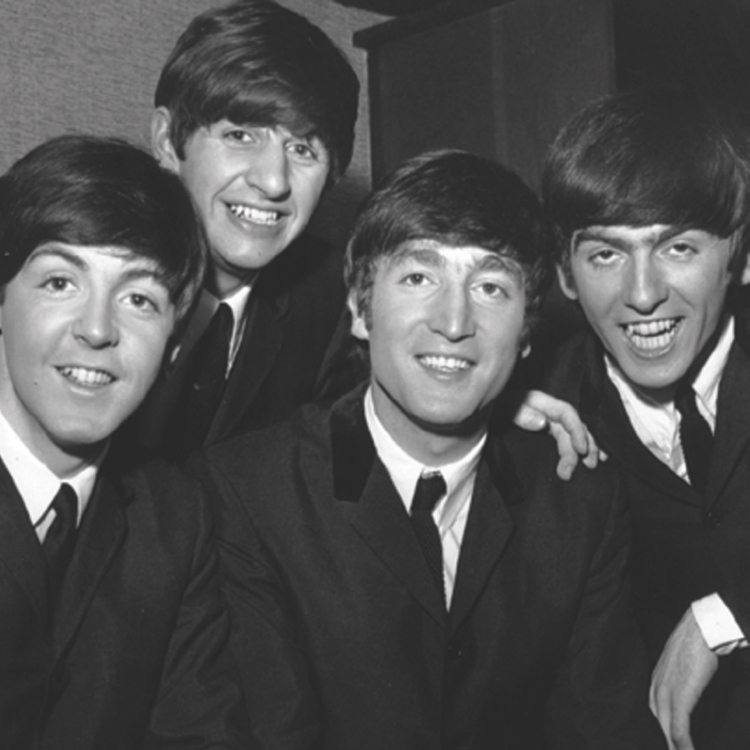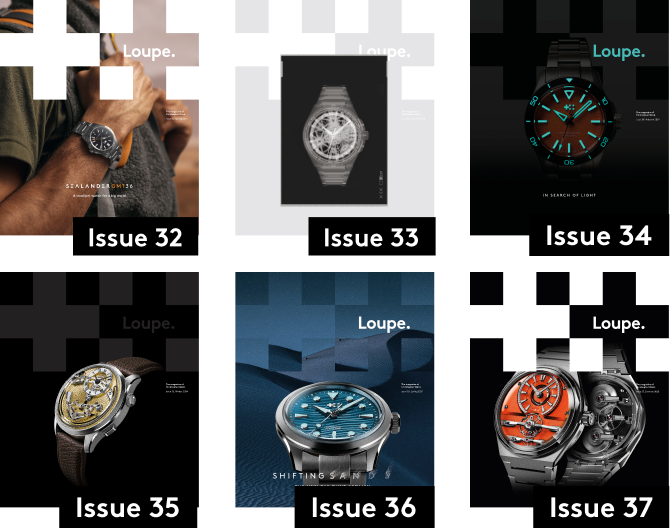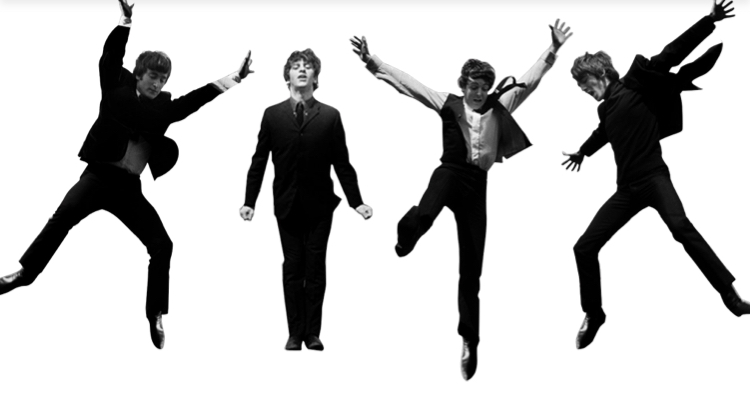How the Irish culture of Liverpool shaped the sound of the Beatles
In December last year, a video started to circulate on the internet.
The five-minute clip was a preview of director Peter Jackson’s new documentary about The Beatles: Get Back.
Using footage taken from the band’s Let It Be studio sessions in 1970, the lads can be seen messing about (at one stage John Lennon is bouncing about with his T-shirt pulled over his knees), mugging for the camera – and creating some of the greatest records of the 20th century.
All in one afternoon.
Another moment: February 1964. The Beatles, complete with mop-top haircuts and slim suits are put in front of the American press at JFK airport for the mother of all press conferences.
The questions come quick and fast. One, in particular, has resonance.
Question: “Are those English accents?”
George: “It’s not English. It’s Liverpudlian, you see.”
The press conference carries on. Over a few minutes, the lads charm, outwit and bewitch the fearsome New York press pack. They leave, taking a limo into the city and onto international superstardom.
How did they do it? How did these four young lads – remember, George Harrison was just 20 at the time – not only conquer America but become the most influential cultural force of the late 20th century?


“John Lennon said that Liverpool has a cruel humour from the docks: there was no secure work, so people learned
to stand out”
Growing up in ‘England’s New York’
First, experience. The Beatles had been the biggest group in the UK since 1963, and over the preceding years – especially their time in playing the dives of Hamburg – had become masters of their craft: what musicians call ‘tight’. When they came back to Liverpool from Germany, they were immediately the best band in the city.
Secondly, they were the right people at the right time. Pop music had not only become the world’s dominant art form, and one you could consume in minutes, but it was spread instantly through mass communication.
And thirdly, they were from Liverpool.
This might sound like another case of the famed Scouse superiority complex. But it’s also true. Imagine that the Fabs were from Leicestershire or Norfolk – in fact, anywhere that wasn’t Liverpool. That press conference would have been very different: those instant comebacks and wisecracks were a product of a city like no other.
“You learn that on the streets,” says Peter Hooton, singer with The Farm, and chair of The Beatles legacy group at Liverpool City Council. “John Lennon said that Liverpool has a cruel humour, it’s very quick-witted. It could come from the docks – there was no secure work, so people learned to stand out – or it could come from Ireland.”

The unbreakable
link with Ireland
No city in England was so radically changed by Irish immigration as Liverpool. In his essay on Liverpudlian identity, Get Yer Scouse In Order, journalist Tony Evans writes:
“The Liverpool we know was formed in the half-decade after 1847 when the Potato Famine funnelled millions of starving immigrants into the port… Many used it as a jumping-off point for the Americas or Australia, but enough remained to change the nature of the town. Particularly in the North End – the city became a different country.”
So strong was the Irish influence that the Scotland Road electoral district voted an Irish nationalist TP O’Connor, to Parliament between 1885 and 1929. And where there are Irish people, there’s music.
“They were all from families that were musical, that sang or played instruments,” says Hooton. “Everyone was expected to sing. This surrounded Lennon and McCartney. And without the Irish famine, the families of Lennon, McCartney and Harrison wouldn’t even have come to Liverpool.”
“Without the Irish famine, the families of Lennon,
McCartney and Harrison wouldn’t even have come to Liverpool”

If Ireland provided the Beatles’ framework, it was the music of black America that inspired them. All three of the original Beatles were obsessive record-buyers, going to Brian Epstein’s North End Music Stores record shop to buy the latest imports from the US. Because of Liverpool’s link to the Atlantic, ‘going away to sea’ was a right of passage for many young men – the ‘Cunard Yanks’ – and they brought back a taste for the rawest rock’ n’ roll.
The Beatles love of this sound gave them racial colour-blindness – unusual in post-war Britain, where racist attitudes were the norm. As young lads, they frequented the ‘shebeens’ – illegal drinking clubs – of Toxteth, home of Liverpool’s black community. Peter Hooton: “Before they were Beatles, they were asked to be the backing band for a stripper at a place in Upper Parliament Street in Toxteth. She wouldn’t strip to records, and insisted on a band.”
This open-mindedness is what drove their attitudes to race when they landed in the US. They sought out their musical heroes and refused to play venues where the audience was segregated along racial lines. In the eyes of the Beatles, music had no colour.
For Peter Hooton, today, the relationship between the city and the group is inseparable.
“Today, Liverpool carries the DNA of the Beatles. And the Beatles had the DNA of the city flowing through their veins.”

Sign up to Loupe magazine
Loupe is Christopher Ward’s quarterly in-house magazine. If you want to know what’s happening at CW (and you love great journalism), this is where to start. Alternatively, you can read all our back issues on your computer, tablet or phone.
Order your free copyRead Loupe online

